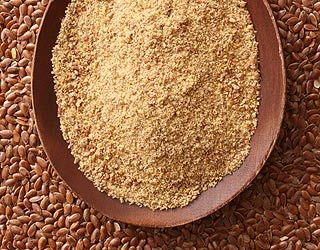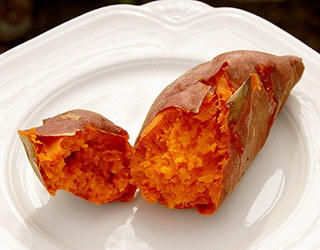Top 10 foods that help in preventing cancer are as follows:-

Ground Flexseed
Omega-3 fatty acids may help prevent cancer by inhibiting cancer cell proliferation and disrupting steps that are critical to tumor growth.
Omega-3 fatty acids also help reduce inflammation, which means they could theoretically reduce the possibility of cellular mutations.
But even if omega-3s don’t directly reduce the risk of cancer, they certainly help keep our bodies strong and healthy. For all of these reasons, I
highly recommend adding omega-3–rich foods to your diet. In addition to fatty fish and shellfish, mixing ground flaxseed into yogurt and smoothies
an excellent way to include more omega-3s in your diet.

Tea
Tea contains compounds called catechins, compounds that scientists theorize may help stop the growth of cancer cells and prevent cellular mutations that contribute to
cancer development. In Japan, where tea is the preferred beverage, green tea consumption has been linked to reduced risk of stomach cancer among women.
In China, green tea drinkers were found to have a lower risk of developing rectal and pancreatic cancers compared with non-tea drinkers. Regular tea drinkers have also
been shown to be at reduced risk for colon, breast, ovarian, prostate, and lung cancers. All types of tea — green, black, white, oolong — seem to have value as cancer preventive agents,
so regularly drink tea and enjoy a variety of flavors to reap all the benefits!

Turmeric
Turmeric is the yellow-colored spice found in curry powder. Curcumin, the active ingredient in turmeric, functions as both an anti-inflammatory and an antioxidant,
and it may help prevent cancer by interfering with aspects of cellular signaling. In laboratory animals, curcumin has been shown to help prevent cancer of the breast, colon, stomach,
liver, and lung. Using curry powder to spice up chicken and egg dishes is an easy way to incorporate it into your diet — and it has the added bonus of adding flavor to
your meals, without any calories!

Spinach
Some research shows that eating a vitamin E–rich diet reduces the risk of stomach, colon, lung, liver, and other cancers, but, as with
other antioxidants, vitamin E supplements have largely struck out. I recommend adding vitamin E–rich foods like spinach to your diet; it will help keep your cells’ defenses strong.
A cup of cooked spinach delivers nearly a third of your daily requirement (15 mg) of the vitamin. Cooked contains more vitamin E (and other nutrients) than raw simply
because it’s more condensed—it shrinks when it’s cooked. Enjoy it sautéed, boiled or steamed as a delicious side dish to grilled fish or chicken. Or toss a handful into an
omelet to get a healthy head start to your day.

Sweet Potato
Beta-carotene is a powerful antioxidant. Studies have shown that people who eat a diet high in beta-carotene — found primarily in orange vegetables and leafy greens — have a
reduced risk of cancer, particularly of the lung, colon, and stomach. Among premenopausal women, one study found that eating a lot of vegetables that include beta-carotene,
folate, vitamin C, and fiber – like sweet potatoes — reduced the risk of breast cancer by about half.
Previous Page....
Prevention.....
Index




